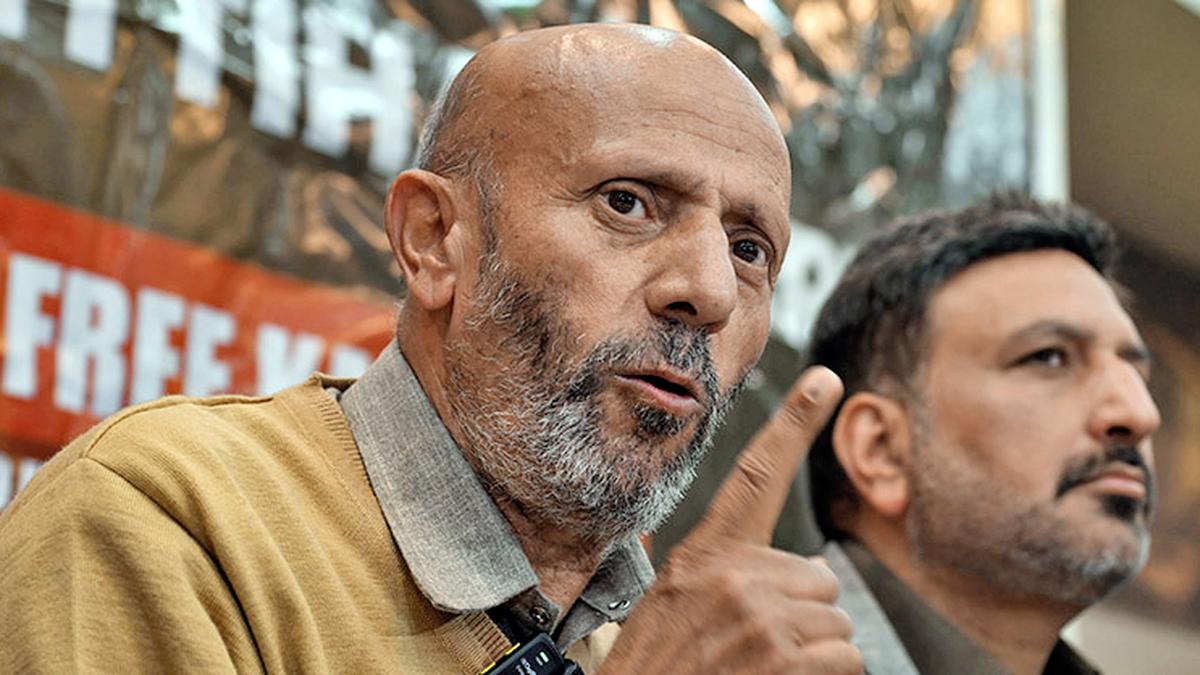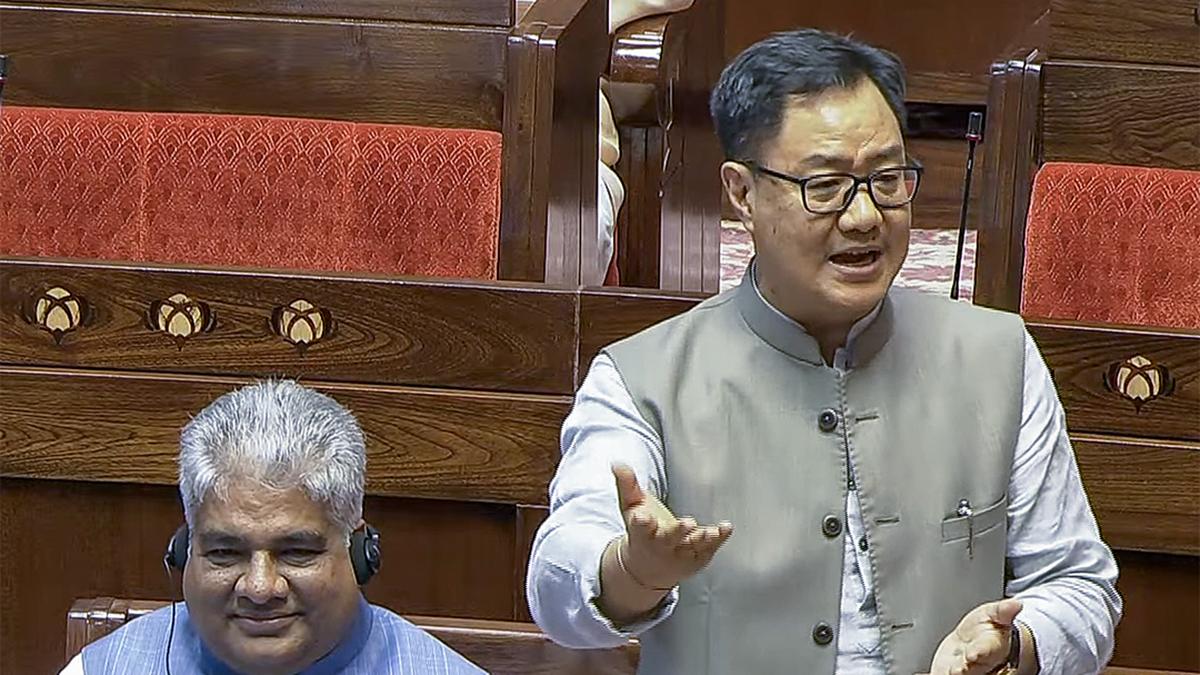Now Reading: Engineer Rashid Highlights Court Restriction on Representing Constituency in Terror Funding Case
-
01
Engineer Rashid Highlights Court Restriction on Representing Constituency in Terror Funding Case
Engineer Rashid Highlights Court Restriction on Representing Constituency in Terror Funding Case

Quick Summary
- Engineer Rashid Case: Jammu and Kashmir MP Engineer Rashid, accused in a terror funding case, informed the Delhi High Court that daily costs imposed on him were preventing him from attending parliamentary sessions.
- Court order Details: A coordinate bench ordered Rashid to deposit ₹4 lakh as travel expenses for custody parole to attend Parliament.
- Legal arguments: Senior advocate N Hariharan argued the condition was unreasonable and interfered with democratic depiction, stating it hindered Rashid’s ability to represent his constituency. Hariharan sought modification of the conditions but not a review of the order.
- Remarks by court: The bench clarified custody parole typically involves costs borne by the individual.
- Case Background: Engineer Rashid has been in Tihar Jail as 2019 following NIA’s inquiry into alleged terror funding connected to separatists and terror groups in Jammu and Kashmir. His arrest stemmed from businessman Zahoor Watali’s interrogation. He previously secured interim bail during assembly election campaigning in September last year.
- Political Context: Engineer Rashid won against omar abdullah in 2024 Lok Sabha polls and represents Baramulla constituency.
- Next hearing is scheduled for August 12.
Indian Opinion Analysis
The case against Engineer Rashid raises pertinent questions about balancing individual rights with national security imperatives within a democratic framework.On one hand, conditions for custody parole like bearing travel expenses are standard legal practice; however, concerns about enabling an elected MP to fulfill constitutional duties speak directly to principles of representative governance. Senior advocate Hariharan’s argument underscores risks of disenfranchising constituents due to logistical constraints imposed on their representative.
While safeguarding democracy is vital, judicial processes cannot ignore accountability linked to serious allegations like terror funding-a matter of broad national significance given its potential impact on stability in Jammu & Kashmir. The High Court’s eventual decision may set important precedents regarding how India’s institutions reconcile security requirements with preserving electoral mandates.
For full details Read More.






















